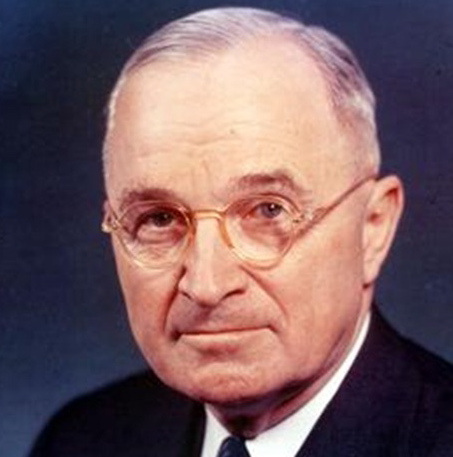Harry Truman made what may be the toughest leadership decision in history – dropping “the bomb”
“Definiteness of decision always requires courage, sometimes very great courage.”
“Think and Grow Rich” by Napoleon Hill
Do you make great at decision making under pressure? Great football quarterbacks, such as Tom Brady, quickly read a defense and decide which receiver to throw to. Great salespeople, such as Sara Quick, land the largest new accounts by being creative — like selling to businesses their companies usually don’t serve. Great leaders, such as Harry Truman, the 33rd president of the United States, make decisions that … affect the lives of innumerable people, such as dropping atomic bombs on Hiroshima and Nagasaki to end World War II.
Napoleon Hill studied over 25,000 people who had experienced failure and concluded that lack of decision-making was one of the top causes of failure. To make great decisions, consider Harry Truman’s three-step decision-making process.
I read about Truman’s profound, but simple three step decision making process in the Book Plain Speaking by Merle Miller and I’ve been teaching it to leaders for over 20 years. It’s profound when practiced precisely and critical when performing under pressure:
Here are the three steps:
1. The logical decision. Gather the best information from people who know the most about the subject. Make a pro and con list and determine your logical decision.
2. The emotional decision. Search your heart for your emotional decision. Truman’s emotional decision was to not drop the bomb; he hated the idea.
3. The intuitive decision. Take time away to quiet your thoughts and emotions. Then pay attention to your intuition. You may find your intuitive message in the pit of your stomach, like Harry Truman did, or it could be a quiet sense of knowing. Intuitive messages are different for everyone.
It takes courage to make the tough decisions;
a good decision-making process gives you
greater confidence in your decisions.


